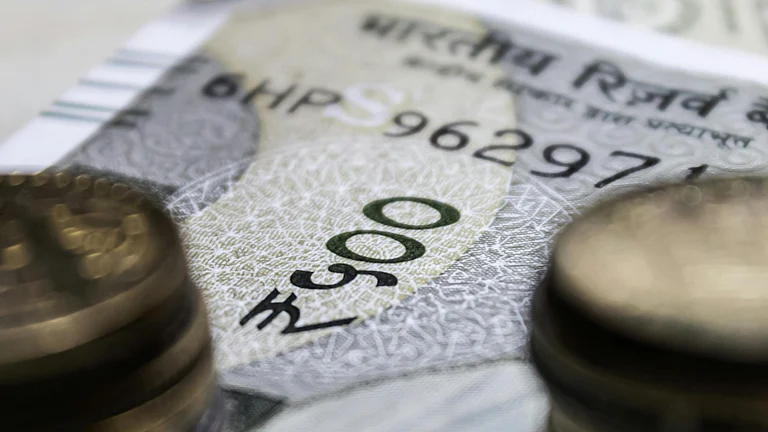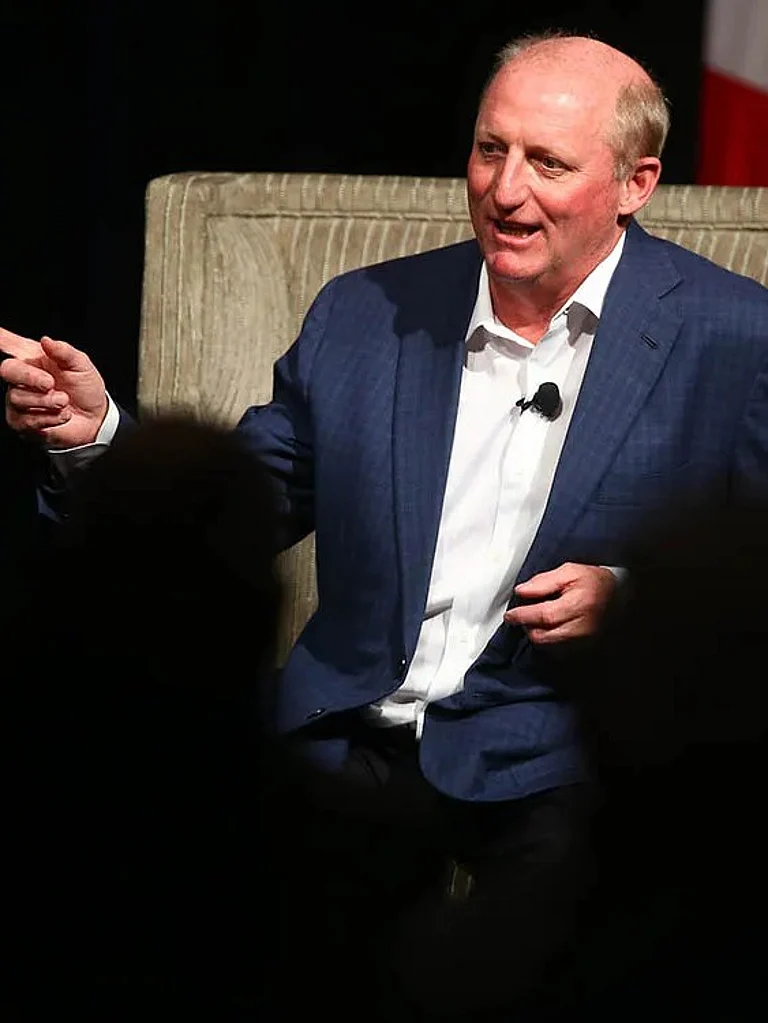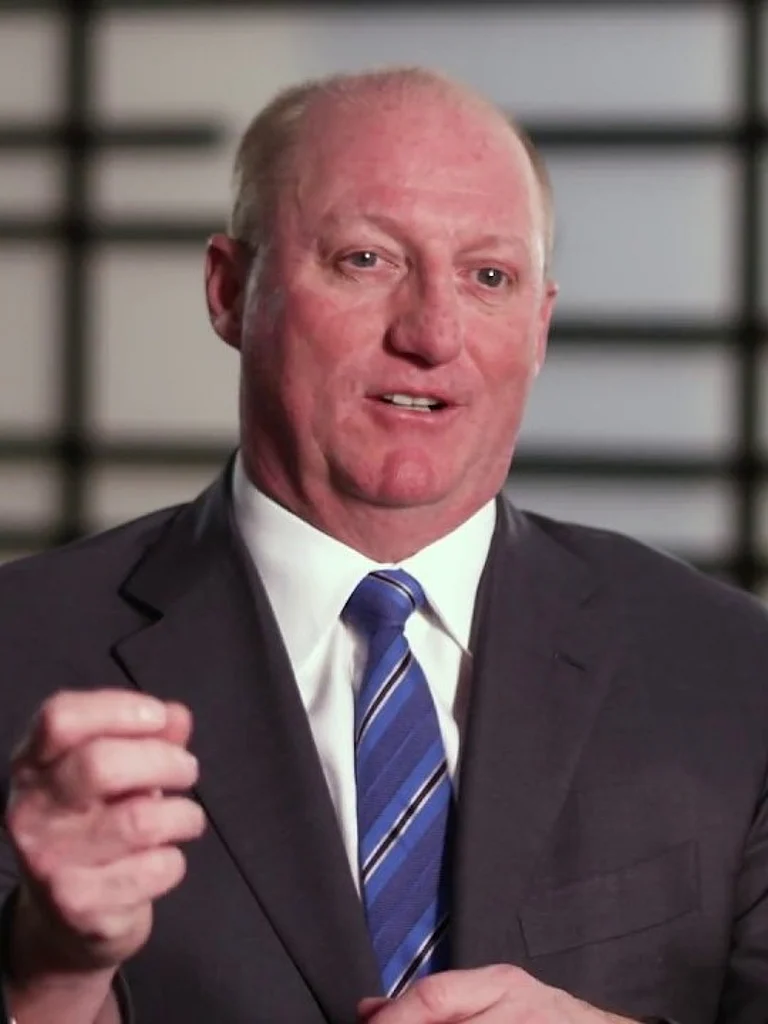
Berkshire Hathaway’s cash reserves surged to $381.7 billion by the end of September 2025, according to its third-quarter results.
The jump came despite a $9.7 billion investment in chemicals and vinyl products maker OxyChem, its biggest deal in years.
Buffett also sold $6.1 billion worth of shares during the quarter, even as the company’s cash pile kept growing.
Warren Buffett’s Berkshire Hathaway revealed its third-quarter earnings on Saturday, showing the company’s cash reserves soaring to $381.7 billion by the end of 30 September 2025.
This came even after Buffett’s firm invested $9.7 billion in chemicals and vinyl products maker OxyChem, its largest deal in years.
During the quarter, Buffett sold $6.1 billion worth of shares, even as Berkshire’s cash holdings continued to grow. Net investment income fell 13% to $3.2 billion in Q3 2025, reflecting lower short-term interest rates.
For the fifth consecutive quarter, the company chose not to repurchase its own shares, despite a 12% stock decline following Buffett’s announcement that he would step down as CEO by the end of the year. The role will be taken over by Greg Abel, while the 'Oracle of Omaha' will remain Chairman of the company.
Analysts told the Associated Press that once Abel takes charge, calls may grow louder for Berkshire to finally pay a dividend if it cannot find better uses for its growing cash pile.
Berkshire Hathaway reported net earnings of $30.8 billion for the third quarter of 2025, up from $26.3 billion a year earlier. For the first nine months of 2025, net earnings stood at $47.8 billion, down from $69.3 billion in the same period last year, mainly due to lower investment gains. The results reflected a mixed performance across its core businesses.
The conglomerate owns a vast portfolio of companies, including wholly owned businesses such as Geico, BNSF Railway, Berkshire Hathaway Energy, Duracell, Dairy Queen, Lubrizol, Precision Castparts, Fruit of the Loom, and NetJets, among others. It also holds major stakes in publicly traded firms such as Apple, American Express, Coca-Cola, Bank of America, Chevron, and Occidental Petroleum.
During the September quarter, insurance underwriting profits rose sharply, driven by fewer major catastrophe losses and favourable claim adjustments, although the company still incurred $850 million in after-tax losses from the Southern California wildfires earlier in the year. Investment income from insurance operations fell 13% due to lower interest rates and reduced capital available for investment.
BNSF Railway posted a 4.8% rise in quarterly profit, supported by better pricing and operating efficiency, while Berkshire Hathaway Energy’s earnings slipped 8.6% due to weaker performance in utilities and natural gas operations. The group’s manufacturing, service, and retail businesses recorded an 8.2% increase in profit, though results varied across segments.
Investment gains continued to contribute significantly to overall earnings, adding $17.3 billion in the third quarter. However, Berkshire cautioned that such gains, driven by market price fluctuations and foreign exchange movements, create volatility and are not indicative of its underlying business performance.

































